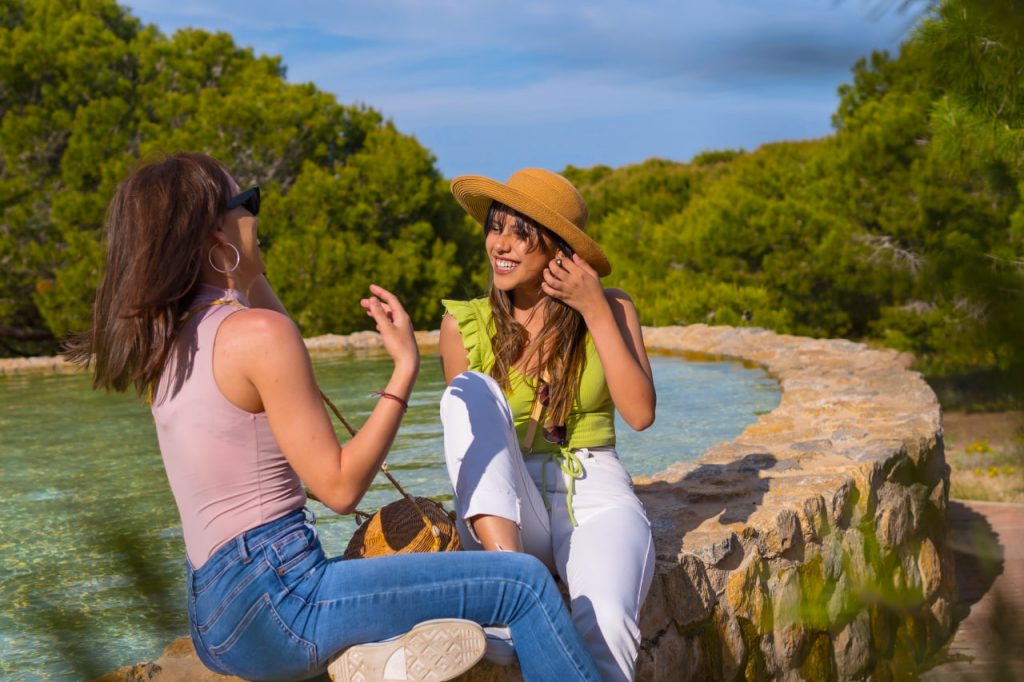Traveling to Spanish-speaking countries is an exciting opportunity to experience new cultures, food, and landscapes. However, many travelers feel anxious about speaking Spanish, fearing mistakes, misunderstandings, or embarrassment. Gaining confidence in speaking Spanish abroad is less about perfection and more about preparation, practice, and mindset. This guide provides practical strategies to help you communicate effectively and enjoy your travels to the fullest.
Embrace a Positive Mindset
Confidence begins with your attitude. Accept that making mistakes is part of the learning process and that locals generally appreciate any effort to speak their language. Replace fear with curiosity and openness. Remind yourself that communication is about connection, not perfection. By embracing a positive mindset, you reduce anxiety and become more willing to engage in conversations.
Learn Key Phrases Before You Go
Preparation is essential for building confidence. Focus on essential travel phrases, such as greetings, ordering food, asking for directions, and emergency expressions. Memorizing practical phrases equips you to handle common situations with ease. Even knowing just a few key phrases demonstrates effort and helps you feel more capable in everyday interactions.
Practice Speaking Regularly
Practice builds muscle memory and reduces hesitation. Speak Spanish aloud every day, even if only for a few minutes. You can practice with language apps, online tutors, or conversation partners. Role-playing common scenarios, such as ordering at a café or asking for directions, prepares you for real-life situations. The more you practice, the more naturally words and phrases come to mind while traveling.
Use Simple and Clear Language
When speaking abroad, simplicity is your ally. Use short sentences and common vocabulary rather than trying to construct complex grammar. Focus on being understood rather than being perfect. Pausing to gather your words and speaking slowly improves clarity and reduces stress. Simple communication often leads to successful and pleasant interactions.
Engage with Locals
The best way to gain confidence is through experience. Initiate conversations with locals in shops, markets, cafés, and tourist spots. Even brief exchanges help build familiarity with pronunciation, rhythm, and cultural expressions. Most people respond positively to travelers who try to speak their language, which reinforces your confidence.
Listen and Observe
Active listening and observation are valuable tools. Pay attention to how locals pronounce words, use gestures, and structure conversations. Mimicking these behaviors improves your own speaking skills and helps you understand context better. Observing social cues and nonverbal communication also boosts confidence in navigating interactions.
Accept Mistakes as Learning Opportunities
Mistakes are inevitable and should be viewed as opportunities rather than setbacks. If you mispronounce a word or use the wrong phrase, remain calm and try again. Correcting yourself politely or asking the other person to clarify is part of natural communication. Each mistake teaches you something new, contributing to long-term improvement.
Use Nonverbal Communication
Gestures, facial expressions, and body language supplement spoken language and help convey meaning when words fail. Pointing, nodding, or demonstrating actions can clarify your intent. Nonverbal cues not only aid understanding but also show engagement and effort, increasing confidence in your ability to communicate.
Celebrate Small Wins
Every successful interaction reinforces your confidence. Celebrate ordering your first meal, asking for directions successfully, or completing a simple conversation. Recognizing these accomplishments motivates you to continue practicing and speaking. Confidence grows gradually, with each positive experience building on the last.

